Hypoallergenic Cat Shampoo is specially formulated for cats with sensitive skin or allergies. Regular cat shampoos often contain harsh detergents and strong fragrances that can irritate a cat’s delicate skin or coat, especially in allergy-prone felines. In the USA, UK, and Germany, an increasing number of cat owners are turning to hypoallergenic formulas to soothe itchiness and keep coats healthy. These shampoos avoid common irritants by using milder, often natural ingredients. For example, many contain colloidal oatmeal, aloe vera, chamomile, or coconut oil to calm inflammation. They are also pH-balanced for cats and free of sulfates, parabens, dyes, and perfume. This helps prevent reactions in pets with dry skin, dandruff, or dermatitis hypoallergenic cat shampoo.
- NON-IRRITATING CLEANSER – Scientifically formulated hypoallergenic dog shampoo with gentle coconut-based cleansers and n…
- GOOD FOR ALLERGIES – For pets with known allergies or sensitivity to fragrances or cleansing agents. Made with Vitamin E…
- NO MORE TEARS – Free of soap, this tearless shampoo promotes healthy skin and coat for your pet without harsh ingredient…
It’s important to note that “hypoallergenic” here refers to the cat’s skin response, not human allergies. Cat allergens come mainly from Fel d 1 protein in saliva and dander. Studies show up to one in five adults (about 22%) have allergic reactions to cats. Fel d 1 triggers symptoms in up to 95% of people who are allergic to cats. While no shampoo can eliminate these allergens at the source, routine bathing with a hypoallergenic formula can remove dander and loose hair from the coat. For instance, Nature’s Miracle Allergen Neutralizing Shampoo uses enzymes to break down dander proteins on the cat’s fur helping reduce airborne cat allergens in the home.
Using hypoallergenic shampoo can keep your cat’s coat clean and healthy between grooming sessions. Groomers note that even well-groomed cats leave behind dander and hair; a thorough bath can further cleanse oils and debris. Many experts recommend bathing allergy-prone or elderly cats every 4–6 weeks to maintain healthy skin (Some dermatologists suggest adjusting frequency: long-haired breeds may need bathing every 6–8 weeks to avoid matting, while hairless cats might require weekly baths due to oily residue)
In the sections below, we cover what makes a shampoo hypoallergenic, how to choose the right one, and top product recommendations. This guide is written for USA, UK, and German pet owners looking for safe, effective shampoos to reduce their cat’s skin irritation and help manage household allergens hypoallergenic cat shampoo.
Why Choose Hypoallergenic Cat Shampoo?
Cats with sensitive skin or allergies benefit from gentle, hypoallergenic formulations. Such shampoos typically have:
- Gentle, natural ingredients. Hypoallergenic cat shampoo formulas often contain oatmeal, aloe vera, honey, or coconut oil, which calm and moisturize irritated skin. For example, colloidal oatmeal and aloe are well-known for soothing dry, itchy skin.
- No harsh chemicals. They are free from sulfates, parabens, synthetic fragrances, dyes, and other common irritant. Burt’s Bees and Beaphar products explicitly avoid these chemicals, making them safer for cats prone to allergic reactions. For instance, Earthbath proudly labels its formulas as “non-toxic, paraben & sulfate free… soap free” hypoallergenic cat shampoo.
- pH-balanced for cats. Cats’ skin is more alkaline than humans, so these shampoos are formulated to match that balance. This ensures the shampoo cleanses without stripping natural oils.
- Fragrance-free or mild scent. Many hypoallergenic shampoos are unscented or lightly scented. Strong fragrances can irritate sensitive cats, so fragrance-free formulas like Earthbath and Beaphar are recommended hypoallergenic cat shampoo.
- Soothing properties. Ingredients like chamomile, vitamins A/D/E, or plant extracts often help reduce redness and itching. For example, Vet’s Best shampoo includes chamomile and vitamin E to calm the skin.
- Safe if licked off. Since cats groom themselves, any shampoo used must be non-toxic. Hypoallergenic shampoos use gentle surfactants (cleansing agents) that are safe for accidental ingestion. Many are tear-free and designed for pets.
Overall, a hypoallergenic cat shampoo provides a gentle clean that minimizes the risk of a skin reaction in an allergy-prone hypoallergenic cat shampoo.
Top Hypoallergenic Cat Shampoos for Sensitive Cats
Below are some top-rated hypoallergenic cat shampoos (available in the USA, UK, and DE) that combine gentle ingredients with effective cleansing:
- Earthbath Hypoallergenic Cat Shampoo (Fragrance-Free) – A gentle, unscented cleanser with aloe vera and oatmeal. Made in the USA, it’s pH-balanced and free of soaps, sulfates, parabens, and dyes. It’s non-toxic and cruelty-free. (Earthbath also offers a Shed Control variant with green tea & awapuhi that helps reduce dander and shedding) Owners praise Earthbath for soothing dry, itchy fur without any stinging or residue.
- Burt’s Bees Hypoallergenic Cat Shampoo (Shea Butter & Honey) – Made in the USA with 95%+ natural origin ingredients like shea butter and honey. This pH-balanced shampoo cleanses gently while moisturizing the skin and coat. It contains no parabens, sulfates, phthalates, dyes, or artificial perfumes. Honey helps hydrate the skin naturally. Cat parents report “silky soft fur” after use, and Reddit users note Burt’s Bees is “fine” even for kittens.
- Vet’s Best Hypoallergenic Cat Shampoo – A veterinarian-recommended formula with aloe vera, oatmeal, and chamomile. It’s fragrance-free and clearly marked “free of harsh chemicals, parabens, dyes, and sulfates”. Use it to calm itching and dryness; the aloe and oatmeal soothe inflammation. It’s ideal for cats with allergies to usual pet shampoo ingredients.
- Nature’s Miracle Allergen Neutralizing Shampoo – Specially designed to help humans with cat allergies, it contains enzymes that neutralize dander proteins on the cat’s coat. While it’s not “hypoallergenic” for the cat itself (it has a mild fragrance), it is often cited as one of the best cat shampoos for human allergies. Regular (bi-weekly) use can significantly reduce airborne cat allergens though remember that Fel d 1 in saliva/dander still exists on the pet hypoallergenic cat shampoo.
- Pro Pet Works Oatmeal & Aloe Shampoo – An allergy-friendly option containing oatmeal, aloe vera, and almond oil to relieve itching and moisturize the skin. It’s soap-free and enriched with vitamins to nourish the coat. Veterinary reviews note its natural, anti-irritant blend: no alcohol, no sulfates, no soap. Customers say it “soothes irritated skin” and is safe for both cats and dogs hypoallergenic cat shampoo.
- Beaphar Sensitive Skincare Shampoo – A European (UK/DE) hypoallergenic shampoo. It’s pH-neutral and free of perfumes, sulfates, silicones, colorants, and parabens. Recommended by vets for pets with reactive or very sensitive skin, it gently cleans without causing flare-ups. Its simple formula (often containing macadamia oil and aloe) focuses on moisturizing and protecting the coat.
- Hyponic Hypoallergenic Shampoo – A German hypoallergenic formula for all cats. It uses gentle plant-based detergents and is fragrance-free. Many European groomers recommend Hyponic for sensitive coats and allergy-prone pets. (Widely available in Germany and online, often with positive reviews.)
- Veterinary Formula Clinical Care Hypoallergenic Shampoo – A medicated, hypoallergenic shampoo with lanolin, aloe, and vitamin E. It treats severe skin issues (like seborrhea or yeast infections) while remaining mild. It is soap-free, pH-balanced, and contains no parabens or dyes. Note: It also rinses away any topical flea medication, so avoid simultaneous use of spot-on treatments.
- Frisco Hypoallergenic Kitten Shampoo – A gentle, tear-free shampoo for kittens (but fine for adults too). It’s plant-based, unscented, and contains coconut-derived cleansers with aloe. This shampoo soothes and moisturizes delicate young skin and its mildness makes it great for sensitive kittens or senior hypoallergenic cat shampoo.
- Pet Head Furtastic Crème Rinse & Shampoo (2-in-1) – A creamy 2-in-1 shampoo/conditioner. It contains honey, aloe, and chamomile to hydrate and detangle the coat. It cleans without parabens or sulfates, and leaves a light, pleasant scent. It’s gentler than many full-strength shampoos and is especially handy for very matted or dry coats.
When choosing among these, always read the label. Ensure it clearly states cat-safe (avoid any shampoo labeled “for dogs only”). Also check reviews and vet recommendations: Earthbath and Burt’s Bees consistently receive top ratings for gentle performance, while Nature’s Miracle leads for reducing human allergy triggers.
How to Choose the Best Hypoallergenic Cat Shampoo
With many options available, here are key factors to consider when selecting a hypoallergenic shampoo for your cat:
- Ingredients: Look for soothing, natural ingredients such as colloidal oatmeal, aloe vera, coconut oil, chamomile, honey, and vitamin E. Avoid anything with sodium lauryl sulfate, cocamidopropyl betaine, or other harsh detergents (these can strip oils and irritate). Also steer clear of long ingredient lists with unrecognizable chemicals. Many sensitive-skin shampoos proudly list “no dyes, sulfates, or parabens”.
- Species-specific formula: Only use a shampoo formulated for cats. Cats’ skin pH differs from dogs or humans. Brands like Earthbath and Burt’s Bees tailor their pH for cats. Never use human or even dog shampoos on cats, as they may contain permethrins or scents that are toxic to felines. The Veterinary advice is clear: “Never use shampoo or conditioner designed for people…”
- Scent: Opt for fragrance-free or very mild natural scents (like honey or botanical extracts). Cats have a keen sense of smell, and heavy perfumes can cause stress or allergic reactions. Brands often specify “unscented” or “hypoallergenic fragrance” on the label. If in doubt, do a quick sniff test at the store – it shouldn’t smell perfumey.
- Safety certifications: Look for any dermatological testing or certifications. Some hypoallergenic shampoos are labeled “dermatologist tested” or carry vegan/sustainable certifications. While these aren’t guarantees, they can provide extra peace of mind hypoallergenic cat shampoo
- Conditioner options: Hypoallergenic shampoos can be drying if used alone. Consider whether the brand offers a matching hypoallergenic conditioner or a 2-in-1 formula (like Espree 2:1). Conditioners with natural oils (jojoba, olive, almond) can lock in moisture after a shampoo. If your cat has long hair or feels extra dry, using a gentle conditioner can improve coat quality hypoallergenic cat shampoo
- Economy: Even the best hypoallergenic shampoos can be pricey, but a little goes a long way. Plan to buy a 16–32 oz bottle for medium-to-large cats. Look out for multipacks or bulk deals (Chewy, Amazon, Pets at Home often offer savings). Also, verify you have a good return policy if your cat has a rare reaction.
- Reviews and Vet Advice: Check what other cat owners say. Often, user reviews will note if a shampoo truly didn’t irritate or if it helped reduce itching. Veterinarians can also provide recommendations: for example, Dr. Jane of CatCare Clinic (USA) and VetSandra (UK) both endorse Frisco and Earthbath for sensitive cats. Ultimately, the “best” product is the one that your own cat tolerates without trouble.
Hypoallergenic Cat Shampoo vs. Hypoallergenic Cat Food
While grooming is key, remember that some cats have food allergies that can manifest as skin issues. Hypoallergenic cat food (such as diets with novel proteins or hydrolyzed formulas) can relieve inflammatory skin symptoms that shampoos alone cannot address. If your cat continues to scratch despite gentle shampoos, discuss dietary causes with your vet. In many cases, the best strategy combines topical care (baths, ointments) with appropriate nutrition. Just note that “hypoallergenic” shampoo and “hypoallergenic” food tackle different problems – external vs. internal triggers hypoallergenic cat shampoo
Frequently Asked Questions
- Q: Does hypoallergenic cat shampoo really work?
A: Hypoallergenic shampoos help keep a cat’s coat clean and their skin soothed, which can reduce scratching in sensitive cats. They eliminate many external irritants, making each bath gentler than standard shampoos. However, by themselves they cannot cure allergies (especially in humans). A long-term study found that even after bathing, cats still shed the Fel d 1 allergen. So the benefit is mostly for the pet’s comfort and cleanliness, not a cure for allergies. They should be part of an overall regimen (grooming, cleaning the home) rather than the sole solution hypoallergenic cat shampoo - Q: How often should I bathe my cat with a hypoallergenic shampoo?
A: Most healthy indoor cats only need a full bath every 4–6 weeks unless they are very dirty or have specific skin issues. Overbathing (more than once a month) can dry out even sensitive skin. According to veterinary guidance, long-haired cats might be bathed every 6–8 weeks to prevent matting, while hairless breeds (like Sphynx) often require weekly baths to remove natural oils. Always use lukewarm water and rinse thoroughly. If your cat absolutely hates baths, try wet wipes or waterless sprays between baths hypoallergenic cat shampoo - Q: Why might my cat scratch after a bath?
A: If a shampoo hasn’t been rinsed completely, any residue can irritate. Also, even hypoallergenic formulas can sting a cat’s eyes or sensitive areas, so avoid the face. Use a squirt bottle to clean around the head if needed. Some cats simply dislike the sensation of being washed or cold. Make sure to dry them fully and warm them up. If irritation continues, it may indicate an underlying issue (see next question). - Q: Are hypoallergenic cat shampoos recommended by vets?
A: Yes, for cats with known skin sensitivities, veterinarians often recommend switching to a hypoallergenic or prescription shampoo. Many dermatologists note that specialty shampoos (with oatmeal, aloe, etc.) can help manage conditions like dermatitis. However, vets also caution that shampoo is just one piece of the puzzle. A thorough exam is needed to rule out fleas, mites, or infection. In severe cases, vets might prescribe medicated shampoos (like Malaseb or Douxo) rather than an over-the-counter one hypoallergenic cat shampoo - Q: What’s the best cat shampoo for people with allergies?
A: No cat shampoo can guarantee an allergy-free environment, but for minimizing allergens, Nature’s Miracle Allergen Neutralizing Shampoo is often rated highly. It uses enzymatic action to break down Fel d 1 proteins on the cat’s fur. For many households, alternating such a shampoo with regular hypoallergenic bathing, plus frequent cleaning and brushing, yields the best results. - Q: Hypoallergenic cat shampoo Reddit: What do people say?
A: On forums like r/CatAdvice, many cat owners share their experiences. The feedback on hypoallergenic shampoos is generally positive. For example, one Reddit user said using Burt’s Bees shampoo was “fine” and helped her itchy kittens. Another mentioned that brushing the shampoo in (rather than lathering) worked well and that their cat actually enjoyed being cleaned. The consensus is that gentle, natural shampoos are usually safe for sensitive cats and can make baths less traumatic. - Q: Can these shampoos hurt my cat?
A: Generally no – hypoallergenic shampoos are designed to be safe. However, like any product, monitor your cat for adverse reactions. If you notice increased redness, rash, or behavior change after a bath, discontinue use and consult your vet. Also ensure you avoid the cat’s eyes and inner ears during bathing. Finally, do not bathe kittens under 6 weeks old without vet advice, and never use any shampoo on a sick or injured cat without professional guidance. - Q: When should I consult a veterinarian?
A: If your cat’s scratching, redness, or skin problems are severe or do not improve with gentle shampoos, see a vet. They will check for parasites (fleas are very common), infections, or allergies. You may need allergy testing or prescription treatments. Additionally, if you have allergy sufferers in the home and are unsure whether the cat or environment is to blame, a vet can help pinpoint the triggers.
Bathing Tips for Cats
Bath time can be stressful for both you and your cat. Keep these tips in mind:
- Gather everything first. Have towels, shampoo, a non-slip mat, and a cup or sprayer ready before you bring your cat to the bath. Always use cat-specific shampoo.
- Calm the environment. Choose a warm, quiet room and speak softly. A few treats beforehand can help. Some cats tolerate a sink better than a tub.
- Brush thoroughly first. Remove tangles and loose fur before getting the coat wet. This helps the shampoo work more effectively and reduces clumping of shed hair.
- Use small amounts and gentle lather. Hypoallergenic shampoos don’t foam up much, so a little goes a long way. Massage it in and let it sit for a minute or two (most formulas need time to penetrate). You might need to leave medicated shampoo on for up to 90 seconds.
- Rinse extremely well. Any shampoo left in the fur can cause itching. Rinse until the water runs completely clear. Multiple gentle rinses are better than a single aggressive one.
- Dry carefully. Pat your cat dry with a towel; some cats tolerate a hair dryer on low/ cool, especially long-haired ones. Keep the cat warm after the bath until fully dry.
- Reward and patience. Always follow up bath time with praise, play, or a treat to build positive associations. If a full bath is not tolerable, consider a waterless shampoo (foam or spray you wipe off) as a compromise between baths.
Key Takeaway: The best hypoallergenic cat shampoo is one that matches your cat’s specific sensitivities – check the label, vet endorsements, and trusted ingredients. When used properly (and not too frequently), these gentle shampoos can keep your cat’s skin healthy and fur clean without triggering reactions. Combine shampoo baths with regular brushing, a clean home environment, and possibly a hypoallergenic diet to give allergy-prone cats the best comfort.
- NON-IRRITATING CLEANSER – Scientifically formulated hypoallergenic dog shampoo with gentle coconut-based cleansers and n…
- GOOD FOR ALLERGIES – For pets with known allergies or sensitivity to fragrances or cleansing agents. Made with Vitamin E…
- NO MORE TEARS – Free of soap, this tearless shampoo promotes healthy skin and coat for your pet without harsh ingredient…
Conclusion
Using a high-quality hypoallergenic cat shampoo ensures a safer, more comfortable bath for cats with sensitive skin. These gentle formulas use soothing ingredients and avoid irritants, so each bath is an opportunity to calm itching and promote skin health. In the USA, UK, and Germany, popular brands like Earthbath, Burt’s Bees, Vet’s Best, and regional options (e.g. Beaphar, Hyponic) are trusted choices. Always read labels and consult your vet with any concerns. Remember, while a clean coat helps, no shampoo can completely eliminate cat allergens for humans. Still, keeping your feline clean is one effective step toward a happier, allergy-managed home.
Enjoy this article? Share it with fellow cat owners and leave a comment below with your favorite hypoallergenic cat shampoo and tips!
Sources: Authoritative pet care and veterinary sources have been cited throughout (see linked references) to ensure the information is accurate and up-to-date


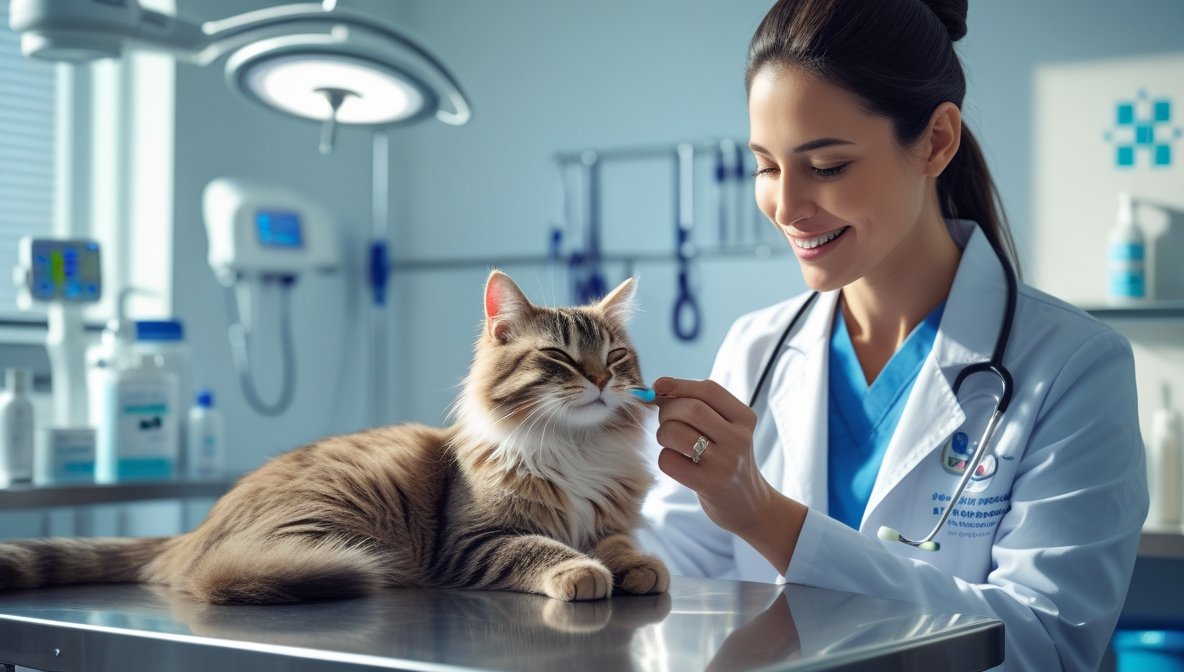
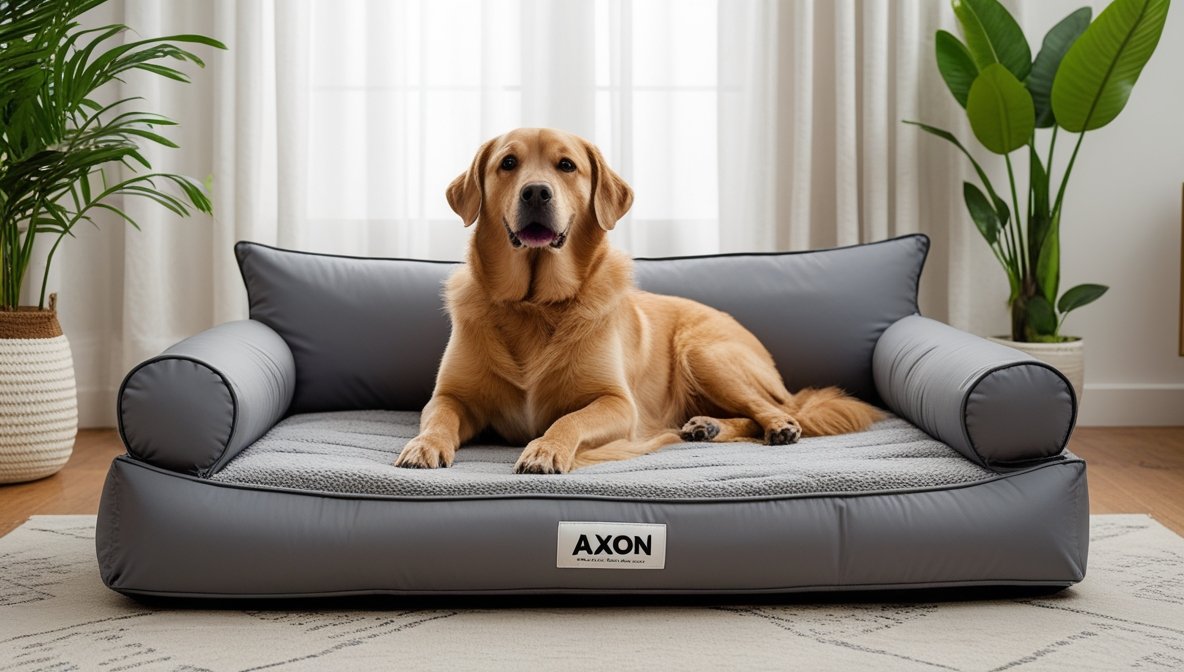
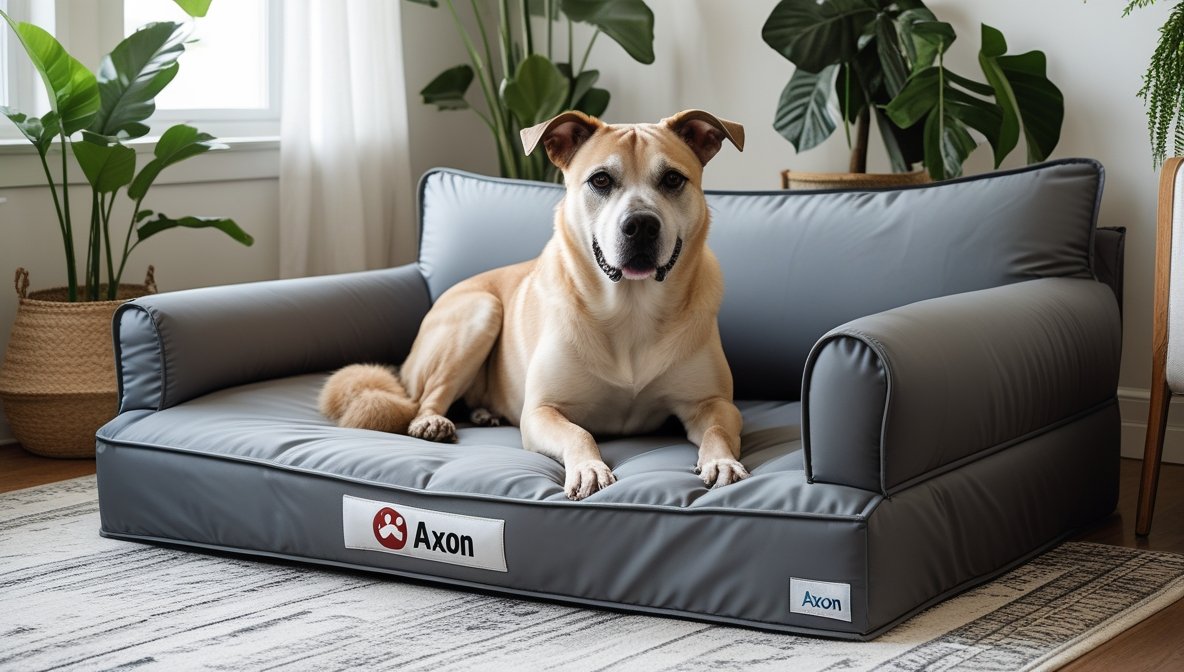
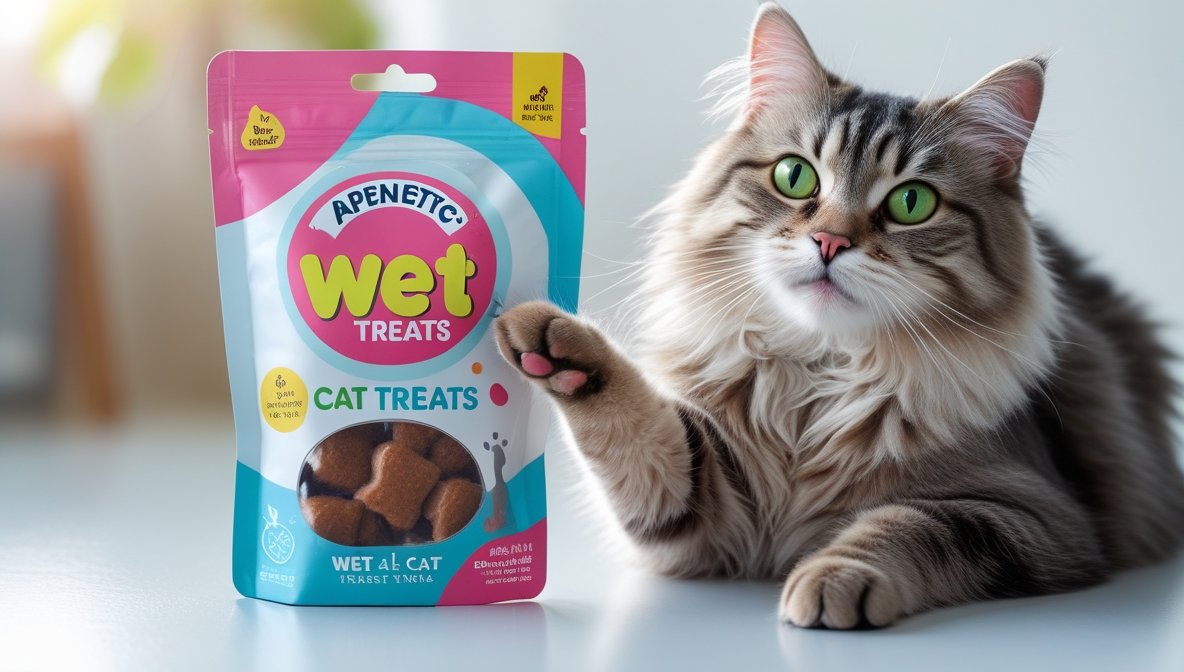


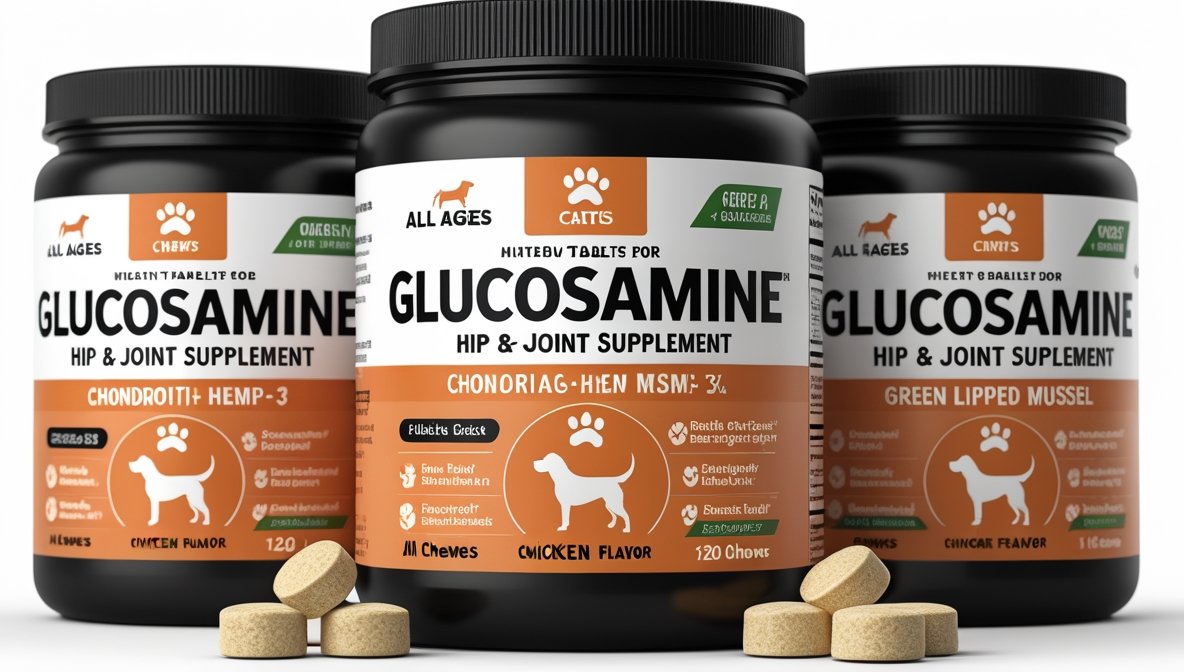
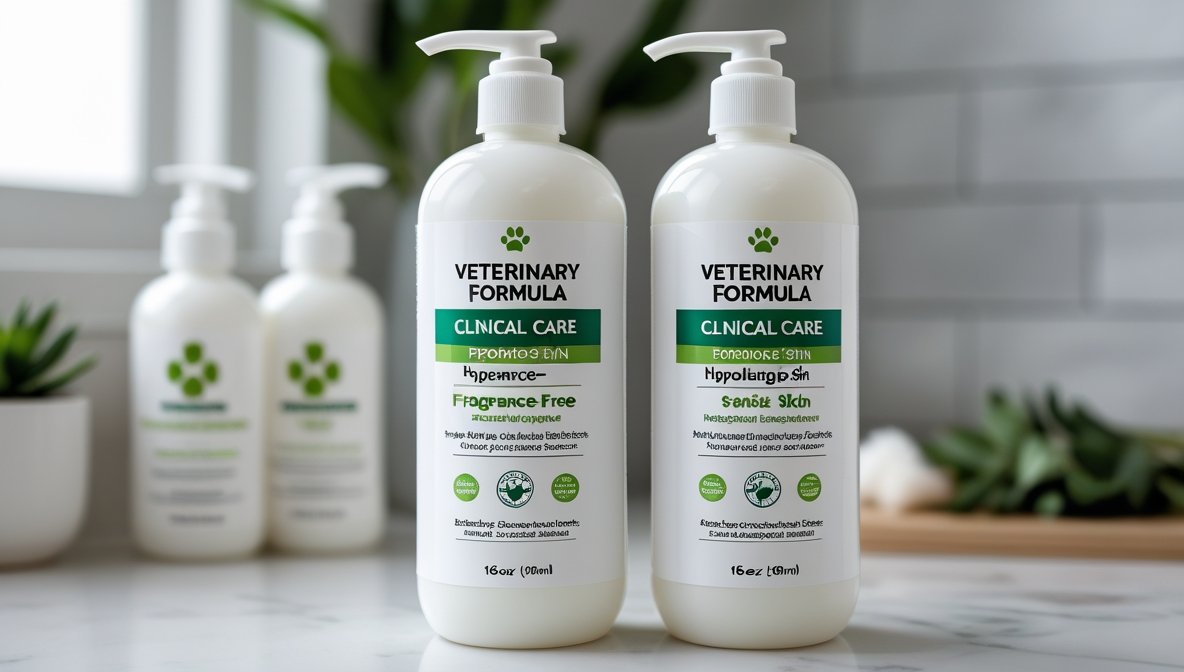

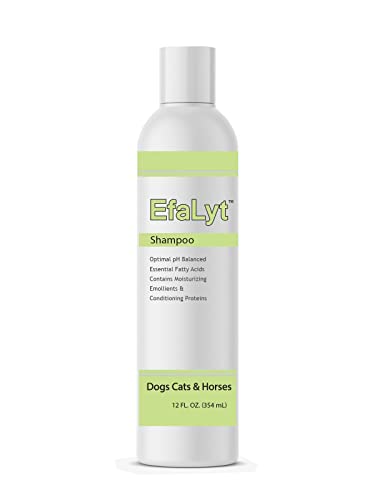

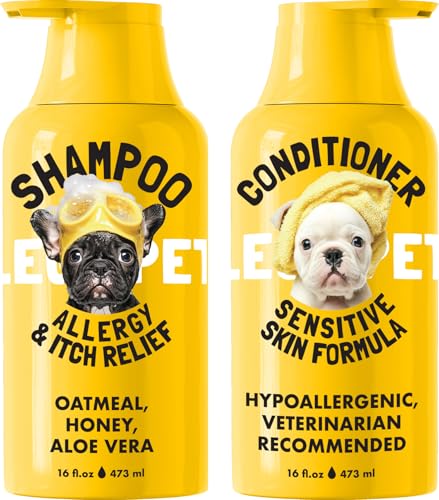

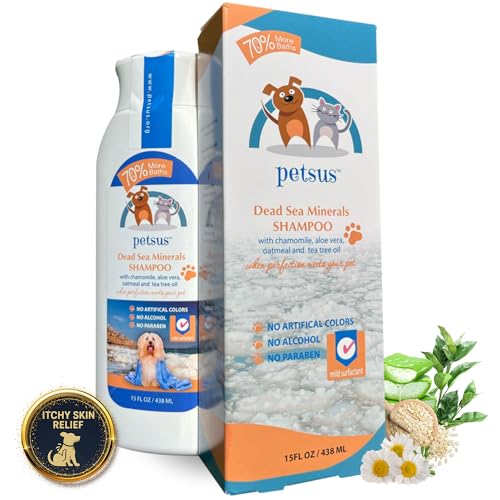


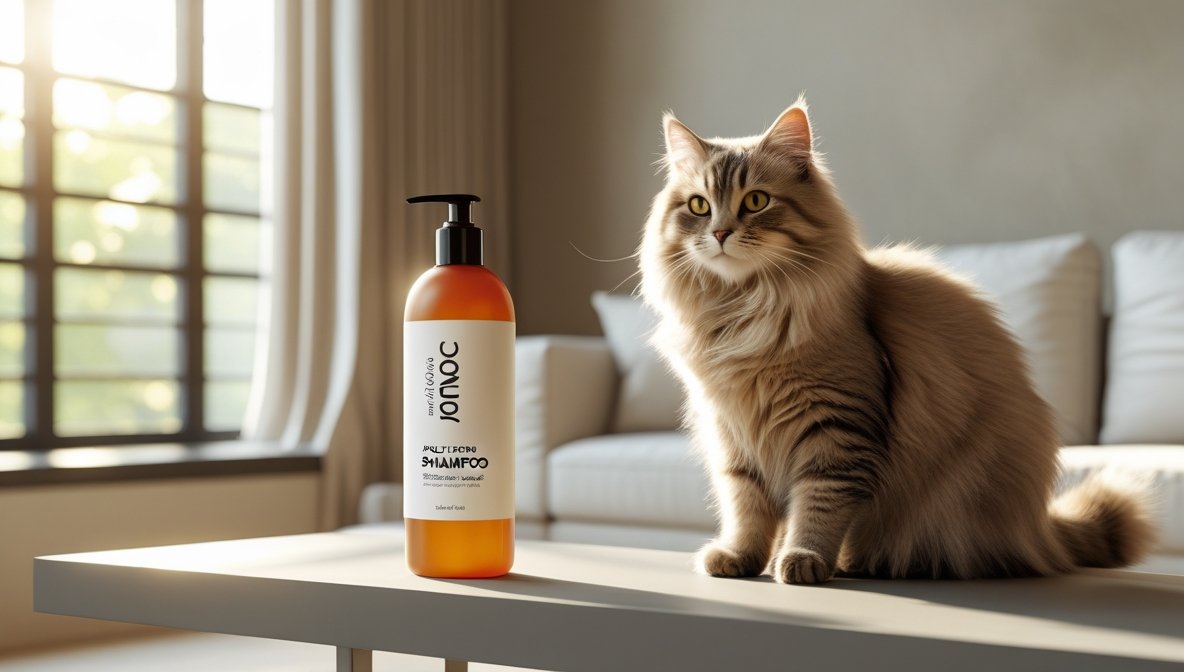
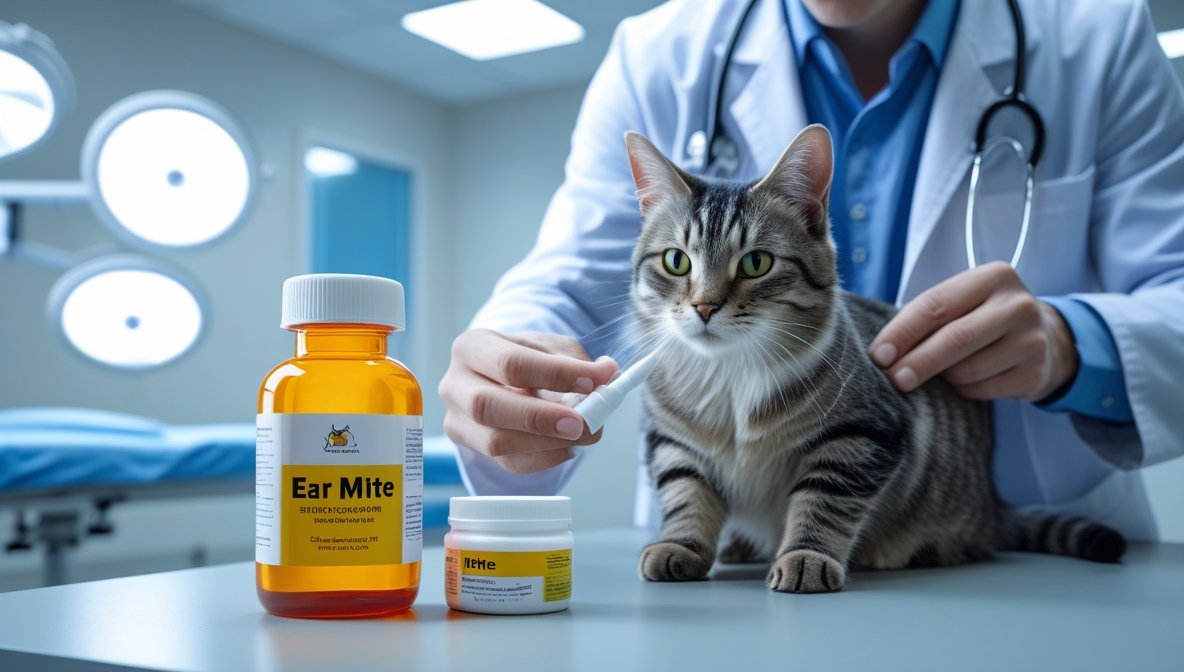
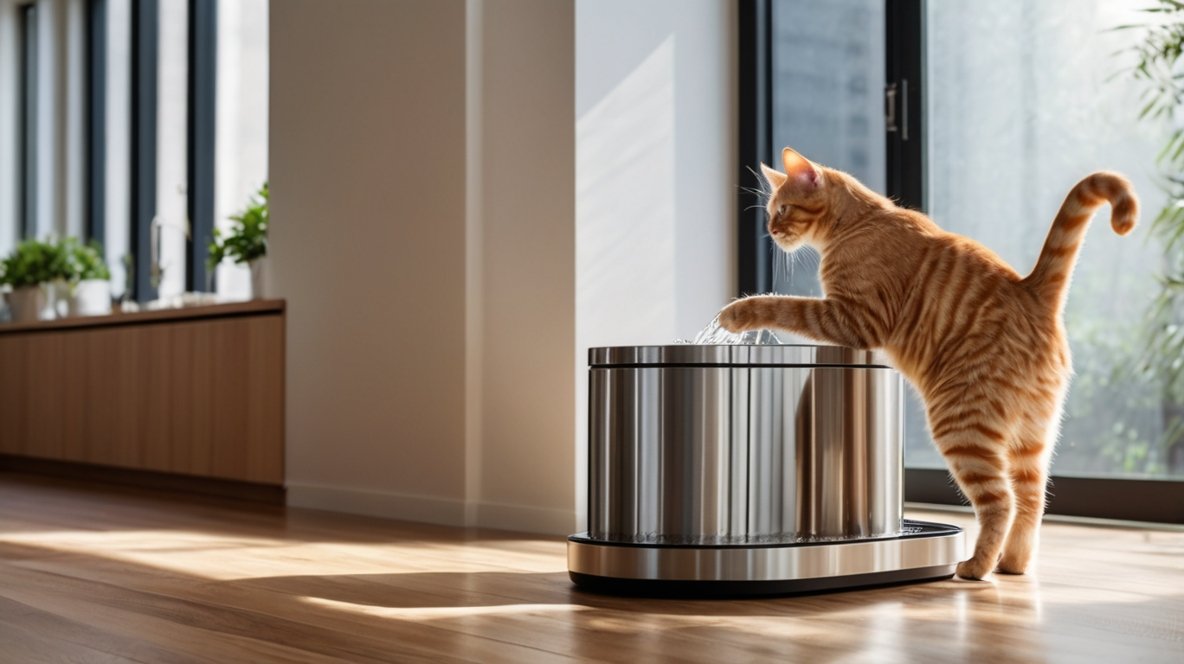
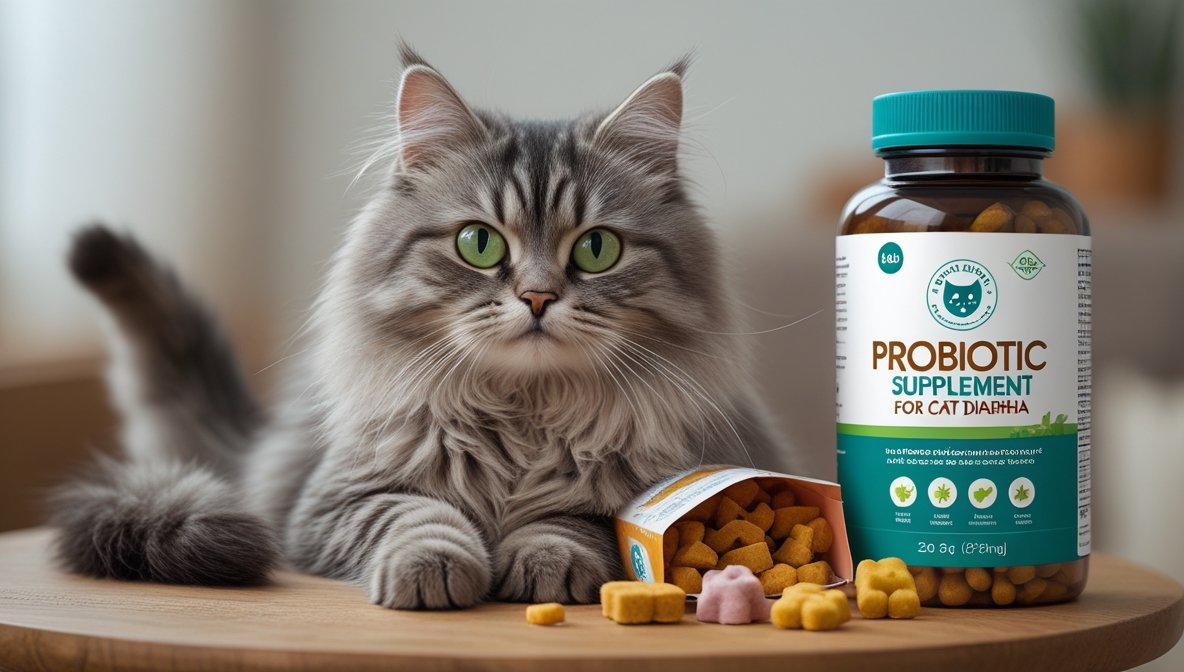
Comment on “Hypoallergenic Cat Shampoo: Top Hypoallergenic Cat Shampoos in USA”